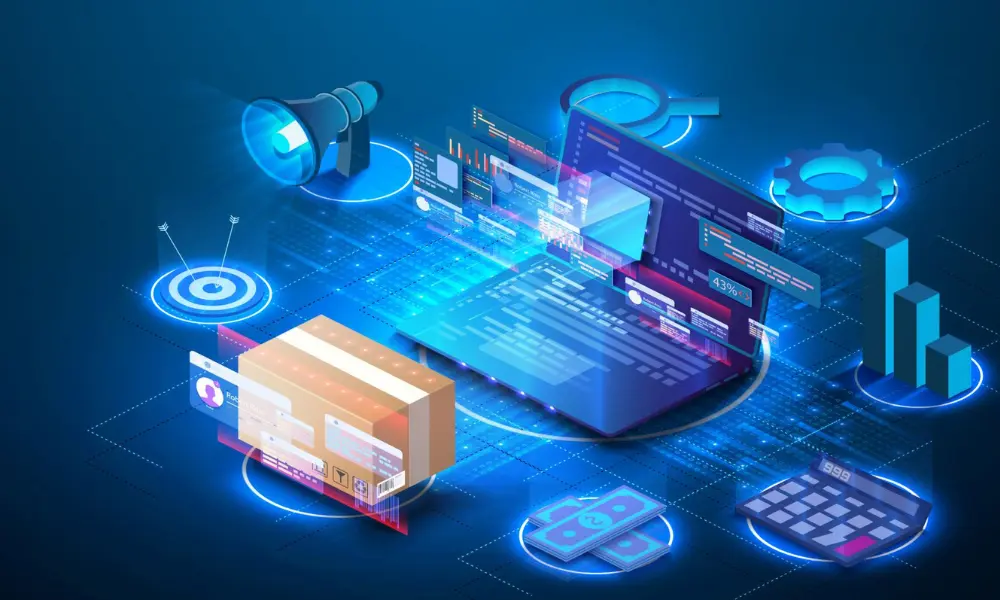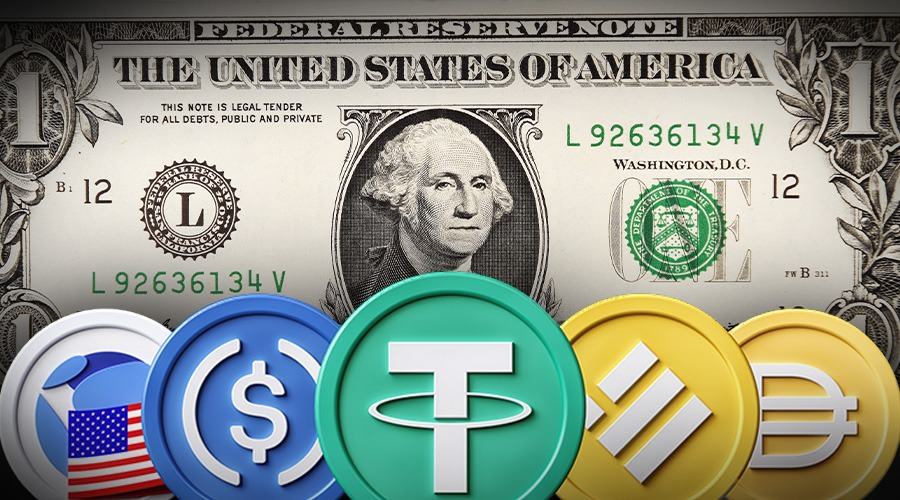Physical Address
304 North Cardinal St.
Dorchester Center, MA 02124
Physical Address
304 North Cardinal St.
Dorchester Center, MA 02124

As Bitcoin fades from the solo spotlight, 2025 has become the year blockchain proves its real world valuetransforming industries with transparency, security, and decentralization. From supply chains and healthcare to identity and finance, blockchain use cases 2025 is increasingly the silent force powering efficiency, trust, and innovation.
Blockchain Beyond Bitcoin isn’t just digital coins anymore it’s reshaping finance through tokenized assets. Institutions like Goldman Sachs and BNY Mellon are issuing money-market funds as tokenized securities, offering faster settlement, fractional ownership, and improved liquidity.
Meanwhile, Tradeweb’s work with Goldman Sachs and its role in the Canton Network highlights how blockchain is bringing execution and settlement closer together, while improving collateral mobility and market efficiency.
Across traditional finance, major banks such as HSBC, Bank of America, and MAS are partnering with Solana via R3 to tokenize assets like bonds and stocks leveraging scalable, cost-efficient public blockchain infrastructure.
Blockchain’s immutable ledger is a game changer for product traceability. In food supply chains, platforms like OpenSC enable consumers to scan QR codes and trace products from origin to shelf, verifying sustainability and ethical sourcing.

With rising concerns over data breaches, blockchain offers a secure, patient centric model for storing and sharing health records. Platforms like Medicalchain and Guardtime empower users with greater control over data, while ensuring tamper-proof interoperability.
Decentralized identity systems where individuals control their credentials are gaining traction. Initiatives like Microsoft ION and ID2020 enable self-sovereign identity (SSI), while China’s RealDID is a national level Blockchain Beyond Bitcoin identity system serving well over a billion citizens.
Major organizations are applying blockchain behind the scenes to streamline operations. For example, Hitachi adopted Hyperledger Fabric to overhaul its procurement processes, digitizing contracts and enhancing security across thousands of vendor relationships.
Blockchain’s transparent and tamper-resistant nature makes it ideal for electoral integrity. Solutions like Voatz and Horizon State are being tested for secure mobile voting and community engagement systems, supporting democratic innovation.
Platforms like Power Ledger and WePower facilitate peer-to-peer energy trading and carbon credit tracking via Blockchain Beyond Bitcoin. These systems advance grid decentralization, microgrid automation, and incentivize clean energy adoption.
Regulatory clarity is opening doors for broader Blockchain Beyond Bitcoin. The U.S. Genius Act, for instance, has accelerated stablecoin regulation and sparked efforts like the EU’s push for a digital euro considering both public and private blockchain frameworks.

Blockchain Beyond Bitcoin isn’t just for transactions it’s a tool for enforcement. Solutions now trace illicit activity such as ransomware or money laundering, supporting regulatory compliance, sanctions enforcement, and counterparty screening.
New York City is experimenting with blockchain for civic services. Mayor Adams has proposed using it to accelerate birth and death certificate processing, aiming to deliver smarter, more accessible city services.
In 2025, blockchain has evolved from a niche banking novelty into a versatile foundation for innovation. Whether in finance, public services, or identity verification, its benefits are tangible, scalable, and transformative. Organizations and governments embracing these trends are not just ahead they’re redefining how trust works in the digital age.